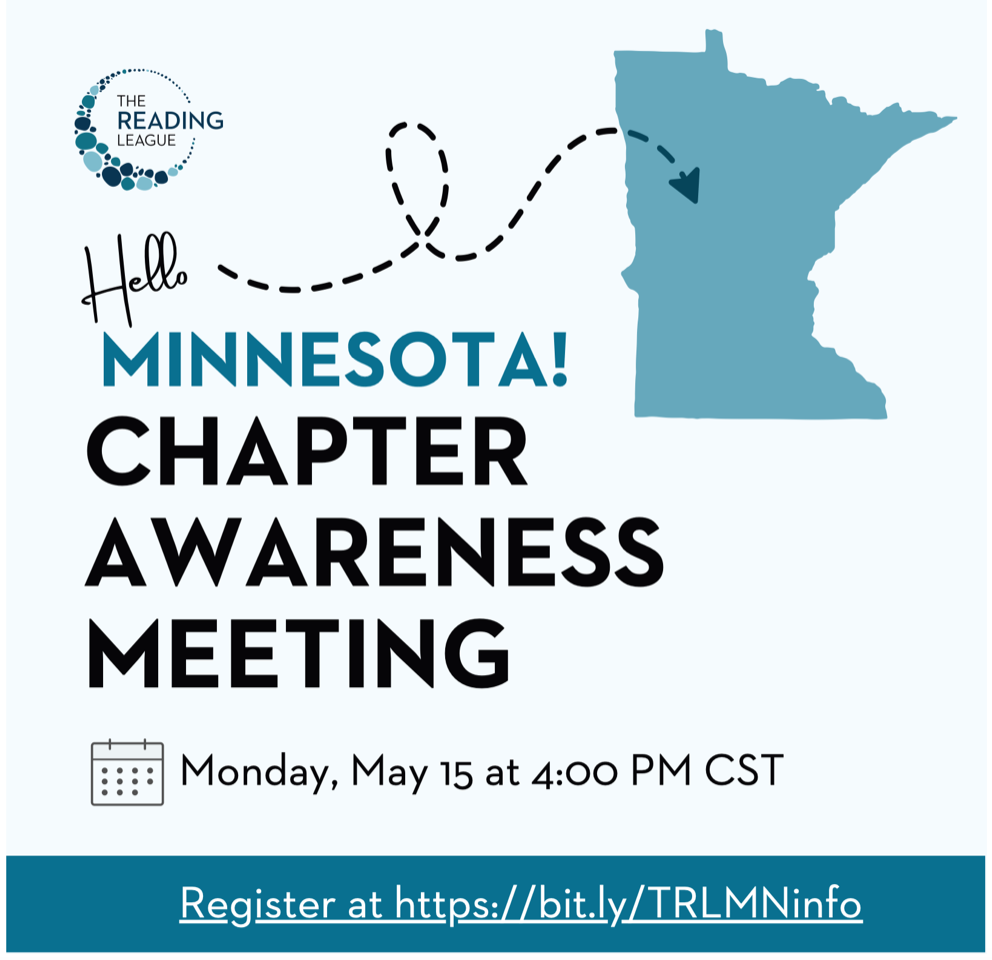Below is a great letter written by JM Lawrence of Grapevine, TX to help a parent respond to an email from a teacher about her child’s behavior during a language art activity. The teacher indicated that she knew the child had difficulty with reading and spelling. The child also said, “this is only easy for people who can read”. Some of the laws she references are specific to TX, but it’s a great letter that I thought needed to be shared. Thank JM!
Dear _______, _______, _______
I am sorry to hear from your email that X continues to struggle with reading and spelling, which causes her to act out. Her disability, dyslexia, is at the root of the issue and it is time to protect her access to the education offered her peers. Emotionally, you can see that X would rather “look” angry and defiant than “stupid” to her classmates. She is NOT choosing this behavior, it is her protection mechanism that has developed in your building, in response to teachers and administrators choosing to delay appropriate instruction to teach her to read using methods scientifically developed for students with the characteristics of Dyslexia. While our district is not choosing to participate in the Pilot for Act 69 Early Dyslexia Screening and Intervention, it does not mean that our school does not have the obligation to do the right thing and assess my daughter for Dyslexia and provide Free Appropriate Public Education including reading instruction that meets her needs.
John King’, US Secretary of the Department of Education, used these words in his testimony before a Senate committee, “But, the IEP team would be expected to address the screening for Dyslexia as a part of the assessment of the needs of a student who is struggling.“ This is Secretary of education acknowledging that IEP assessment teams should reasonably be administering testing instruments that can be used to identify Dyslexia? As the voice of the federal department of education, he is voicing support of for my daughter who struggles to read, being identified, for her disability and then being “taught to read.”
I am requesting that the district follow federal disability guidelines and provide my daughter with “Dyslexia” testing because her characteristics are those of a student with Dyslexia, whether or not she qualifies for Special Education, our school has the federal responsibility to help her learn to read. If the school does not have a person that is qualified to identify Dyslexia, then I am requesting an Independent Educational Evaluation of my daughter with a credentialed Dyslexia provider.
Please respond to this request in writing within the next 5 business days. Until the district chooses to follow the law and provide X an appropriate education for a child who can be identified by section 504 ADA laws, when an assignment requires her to read and write, at grade level, please send her on an errand to a place where she can be helped through the assignment.
I look forward to hearing that you have received this correspondence and how you will be addressing my daughter’s needs for FAPE.
Sincerely,



